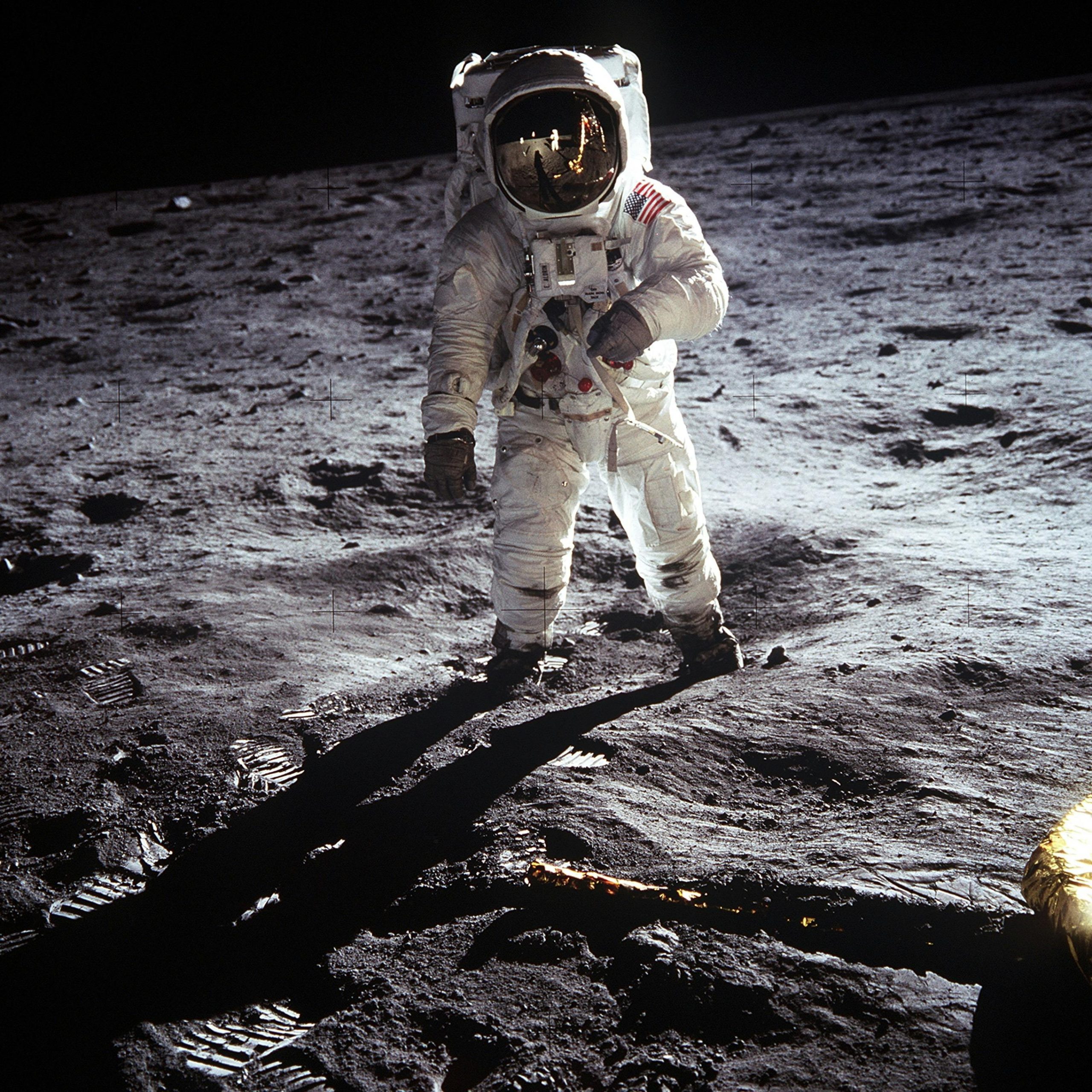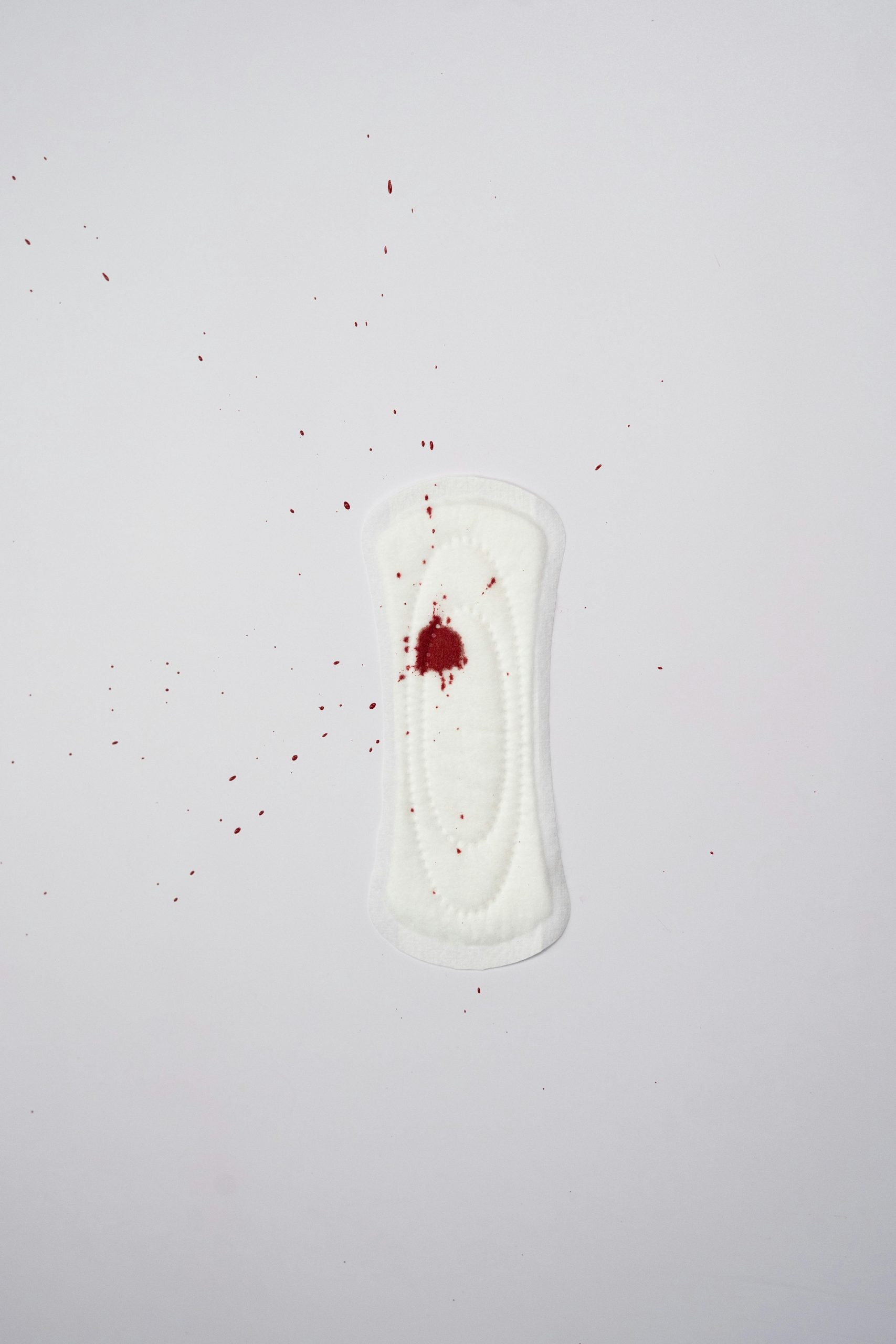The debate about whether AI is better suited as a creative assistant or as an independent creator hinges on several factors, including the current capabilities and limitations of AI, the nature of creativity, and the intended application of AI technologies.
As a creative assistant, AI plays a supportive role by offering tools that enhance human creativity. This involves tasks such as generating initial drafts, providing suggestions, making predictions, and organizing ideas. AI’s ability to quickly process large volumes of data and identify patterns can significantly aid in brainstorming sessions, enhancing productivity, and inspiring new angles for creative projects. For instance, AI algorithms can quickly analyze millions of images, pieces of music, or scripts, offering recommendations based on patterns without human bias. This support can free human creators from repetitive tasks, allowing them to focus on more nuanced, complex, and emotionally-driven aspects of the creative process where empathy, cultural context, and personal experience are crucial.
On the other hand, AI as a standalone creator still faces challenges. Creativity is deeply linked with personal experience, emotion, intuition, and cultural context, elements that AI does not understand innately. While AI can mimic styles, it often lacks the ability to infuse artworks with purpose or intent beyond the scope of its programming. AI-generated content might impress in its mimicry but struggle with innovation that transcends established boundaries. There are also ethical concerns about AI-generated works, particularly regarding originality, authorship, and intellectual property.
Therefore, in the current technological landscape, AI functions more reliably and effectively as a creative assistant than as an independent creator. It amplifies human creativity by taking over routine tasks and offering insightful suggestions, allowing human creators to generate more original, meaningful, and contextually rich works. As technology continues to evolve, the role of AI in creative processes will likely expand, but its ultimate purpose is likely to remain collaborative, enhancing rather than replacing human creativity.


